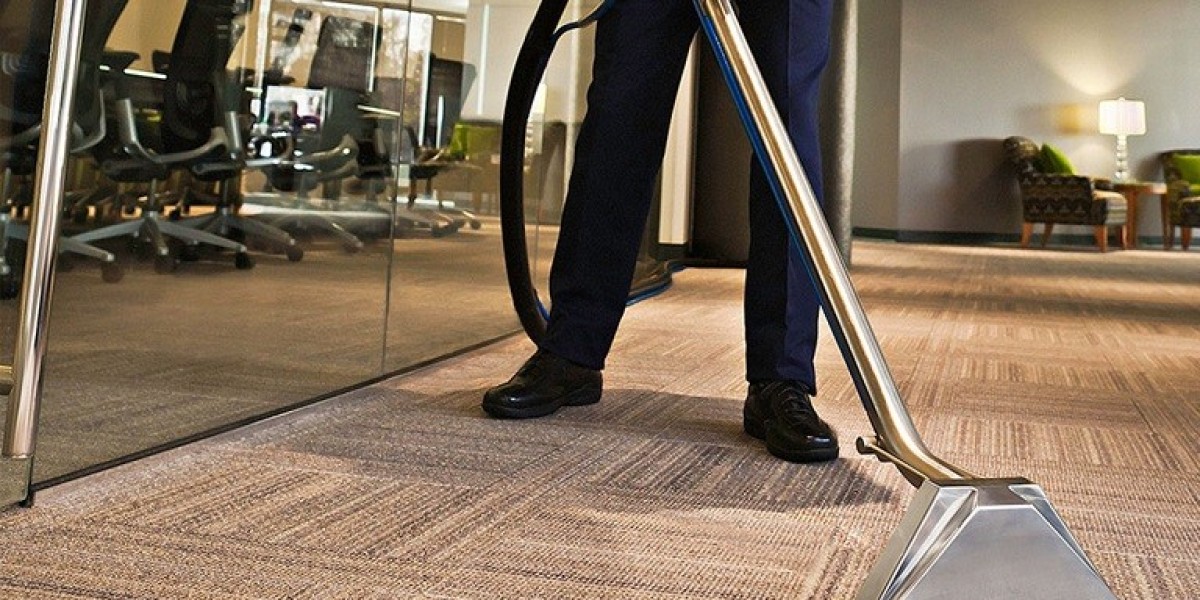Kindergarten is where small wins turn into lifelong habits. I remember talking with a kindergarten teacher who described a quiet child let’s call her Maya who avoided circle time and rarely raised her hand. After a few weeks of targeted, playful activities, Maya began volunteering answers and even invited a classmate to play. That transformation wasn’t magic; it was a set of simple, repeatable strategies that build self esteem one tiny success at a time. This guide collects those strategies into practical, classroom-ready ideas you can try tomorrow whether you’re a classroom teacher, an after-school leader, or someone coming from an IT background interested in how human-centered design maps to teaching.
Why self esteem matters (for behavior, learning, and life)
Children with healthy self esteem are more willing to try new things, ask for help, and participate in social interactions all of which support better academic performance. When kindergarteners feel seen and capable, they take risks in reading, math, and play. Conversely, low self esteem or a child who may lack confidence can withdraw, which hurts learning and social development.
A teacher who prioritizes self-assurance creates a calmer classroom, fewer shutdowns, and yes a more peaceful parent experience at pickup time when moms and dads see their child smiling and engaging.
Quick wins: classroom games and activities that actually move the needle
Here are classroom activities and confidence building activities for preschoolers that are cheap, fast, and repeatable.
1. "I Can, I Did" Wall (activities for kindergarteners)
Create a bulletin board where kids post one small victory each wee “I tied my shoes,” “I counted to 20,” or “I shared a toy.” Celebrate the entries during circle time. This visible record turns private wins into communal pride and feeds self confidence.
2. Peer Praise Pairings (social interactions + confidence building)
Pair kids randomly and give them 3 minutes to notice something kind their partner did. Teach them to say, “I noticed you…” This trains kids to both give and receive positive feedback, improving social interactions and boosting self assurance.
3. Choice Stations (self esteem through autonomy)
Offer 2–3 activity stations and let children choose where to start. Giving choices reduces anxiety and builds agency an essential ingredient of self esteem.
4. Role-Play Scripts (classroom games that teach social skills)
Short dramatized scenarios (e.g., sharing, asking for help, inviting someone to play) let children rehearse social skills in a safe space. Repetition builds comfort and self-assurance.
5. Mini-Missions (confidence building activities)
Set tiny, achievable missions (“Find three yellow blocks,” “Tell one thing you like about today”) that scale in difficulty. Each completed mission is a confidence-building dopamine hit.
6. Story-Star Spotlight (preschool activities that center each child)
Rotate a “story-star” each week the child brings an item and tells a minute-long story. This low-pressure spotlight gives kids a predictable stage to practice speaking and self expression.
Designing activities so they actually work (a lightweight framework)
Think like a product manager: design, test, iterate.
1. Objective: What specific self esteem outcome are you after? (e.g., more participation, fewer tantrums, better sharing.)
2. Micro-metric: Pick a small measure number of times a child volunteers in circle time, number of positive peer interactions logged to track progress. This helps link activities to academic performance and social growth.
3. Short cycles: Run an activity for 2 weeks and observe. If a child still seems to lack confidence, tweak the difficulty or provide more scaffolding.
4. Feedback loop: Share progress with parents in a quick note it helps create a peaceful parent-teacher loop and multiplies the effect at home.
When kids “lack confidence”: gentle interventions
If a child seems to have low self esteem or is actively avoiding participation, respond with empathy and scaffolding rather than pressure. Use a gentle hierarchy: observation private encouragement scaffolded task public recognition. For example, begin by noticing success privately (“I saw you help Sam that was kind”), then invite them to a scaffolded role (“Would you like to help line up with me?”), and finally offer a low-stakes public win when ready.
This approach supports self healing and reduces the risk of shaming.
Activities you can adapt for different learners
Not every activity fits every child. For children who are sensory-sensitive, substitute quieter tasks (drawing about a win instead of speaking it). For multilingual learners, let them share in their home language and provide a translation. The goal is to design activities that celebrate progress, not perfection.
Connecting classroom practice to skills for IT careers (yes, really)
If you’re exploring a career in IT or coming from tech into teaching, you’ll find surprising overlap. Running classroom activities is like running experiments: define hypotheses, run short tests, collect data, and iterate. Building self esteem in children cultivates communication, teamwork, and problem-solving the same soft skills that make stellar product designers, engineers, and managers. Practicing empathy in a kindergarten room is practice for user-centered design.
Easy resources and next steps for teachers
· Keep a simple log (paper or a shared doc) of one metric: participation, peer praise, or completed mini-missions.
· Swap one weekday circle for a “celebration circle” where wins are shared.
· Invite a parent to help once a month this strengthens school-home partnership and fosters a peaceful parent dynamic.
· When searching for inspiration online, use keywords like self esteem activities for kindergarteners or confidence building activities for preschoolers to find more ideas and printable resources.
A few teacher-tested activity ideas, summarized
· I Can, I Did Wall visible wins
· Peer Praise Pairings social skills + kindness
· Choice Stations autonomy and decision-making
· Role-Play Scripts social rehearsal
· Mini-Missions short, achievable challenges
· Story-Star Spotlight public speaking practice
Each of these classroom games is also easily tweaked into preschool activities or home-based activities for kids.
Conclusion small actions, big confidence
Boosting self esteem in kindergarten isn’t about grand gestures; it’s about designing repeated, caring opportunities for kids to succeed. Start small: pick one activity this week, measure one tiny outcome, and notice how the classroom tone slowly shifts. The payoff is huge more curious, engaged learners and kids who carry self assurance into school and beyond. If you’re bridging into teaching from IT, treat your classroom like a human-centered product: iterate, listen, and celebrate little wins.







